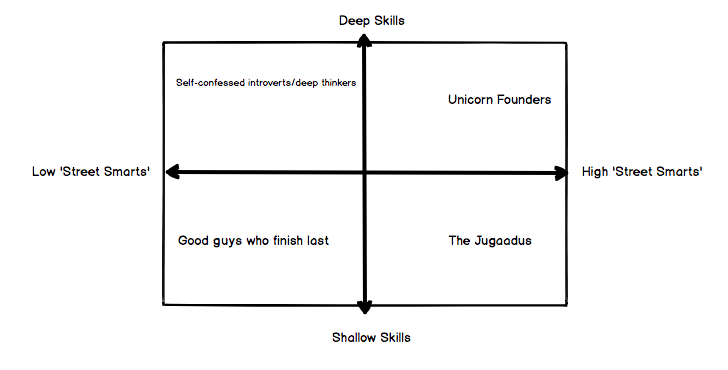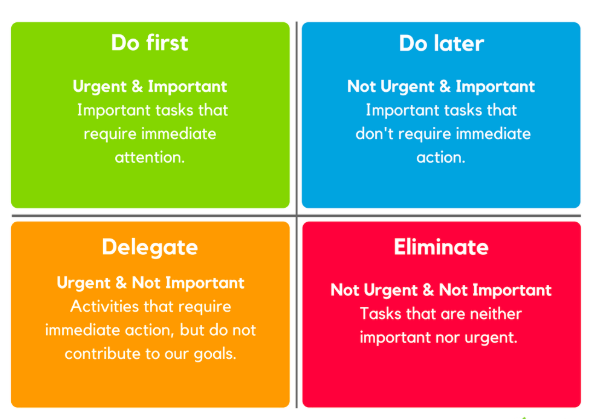The invention of a tool doesn’t create change; it has to have been around long enough that most society is using it. It’s when a technology becomes normal, then ubiquitous, and finally so pervasive as to be invisible, that the really profound changes happen.
Social Software has been around for quite a long time for us to ask the question “how has its use changed us” or rather “how is excessive use of social software changing us”. To crowdsource views , I asked this question on the social networks I use i.e LinkedIn,Kwippy, Twitter and Facebook. While a lot of people took the question in a different light and shared how is social media helping them etc, here are some of the interesting replies(network wise)
LinkedIn:
“While I was a very private and secretive person before, I’ve found that opening up on social media via non-threatening means has given me the ability to be more open in my real world relationships” – Shamoz Shah
” With increasing interaction over social media my faculty for thinking and rationalizing has increased. Because of my writings, discussions, posts I have a ready audience who interact. As a result of it I get motivated and write/discuss/post more and it’s a cycle. It has definitely improved my writing skills, thinking skills, rationalizing faculty (being open to various thought processes).
In negatives, I have become more reclusive because I am glued to my computer for more number of hours. Impacted on eye-sights (natural I suppose).
Thirdly, the anonymity provided by cyber-media and through certain Social Media sites, such as ‘fropper’ you tend to fantasies or possibility of personality distortion.” –Devasis Chattopadhyay
“I communicate more. Like now. It is good that this communication is non-intrusive and you have more choices to connect personally or professionally.” – Bama Ramesh
“The thing I noticed I started doing more and more, is to double check if I am not offending anyone with my replies / posts. I’ve learned that there are some quite sensitive topics, where it is not appreciated if you express yourself in a frank way, even if there is no purpose in attacking a certain group” – Ives De Busser
Sushaantu Mathur repeated the same thing – “Living an online life just makes you more accountable in public eyes”.
Shawn is right when he says “Social networks have lessened my patience a bit . Think about how fast information flies around the web and the speed at which we receive breaking news. When we’re plugged in, we’re able to get what we want almost instantaneously. I have to sit back at times and remind myself that many things in life don’t work that way”
“Bigger bags under my eyes!” – Mark Porter
“The evidence we do have from reliable studies is that social networking software is helping people become more social. The most active people on Facebook, for instance, are the most active socially in the “real world”. And as some of the answers on this page suggest, people who have social fears or difficulties are finding that online social networking is helping them overcome such issues.
Overall, it is clear to me that social networking software is a substantial help to people. It deepens existing relationships, makes people more social (not less) and helps individuals with social anxiety come to terms with their condition.
So, I’d encourage people to use it even more.” – Graham Jones
Kwippy
“My friends don’t tell me anything directly anymore. I constantly hear “Oh, you didn’t see my post about it on myspace?” and “Well, I invited you on facebook!” I can’t keep up, frankly.” – Tarasa
Facebook:
It definitely has. Soon there will be internet/social media rehabs! – Riputapan Singh
The virtual world has made me more real. I was in an island before, now i know of the ocean. – Harish Iyer
Twitter:
“Its ensured my ‘breaking news’ sources are not the newspapers or the websites anymore. Also, I am more clued into ur life” – Asfaq
To each according to their own, while for someone it’s about opening up more, for someone it’s about being more visible and ultimately more accountable. Here are a few inter related ways in which I think Excessive/Continued use of social software is changing us.
1) Increased thirst for knowledge:
The use of social software has not just helped us meet new people easily and regularly or stay in touch with old friends. It has made us more hungry for knowledge/information. Thanks to the exposure(over ?) of information on most social sites(think no of hyperlinks/update in your twitter/friendfeed stream) and various social pressures of sorts, most of us have become addicted to know more and more.
2) Increased Voyeurism:
Facebook Feeds and Twitter Streams are best examples of the increasing levels of voyeurism as a side effect of our increased usage of Social Software. People who replied to my question on various social networks, directly or indirectly touched upon this facet. It’s a lot easier to keep an eye on what’s going not just in one’s personal life but in their overall/complete life. The underlying principle of social networks is to keep people in your network updated about what you are doing. So not only your actions but those of your friends that invole you(for ex: you being tagged by someone) will be broadcasted to your entire network. Such things further fuel people’s voyeuristic tendencies. Whose single or whose relationship status just went to “It’s complicated” was never more visible or sought after.
3) Increased Sharing:
We might not realize this but due to easy of sharing and the culture(s) of most social sites, we are increasingly sharing more stuff with people in our online circles. Hyperlinks, songs, videos, pictures,news we now share pretty much everything that we get our hands on and like(dislike too in some cases). “Sharing anchors community”, while most of us don’t realize this consciously, we have a sense that sharing adds value(or gets you attention) and thus you’ll find more people over sharing than under.
4) Increased Transparency:
It is one of the interesting ways in which social software is transforming us. What started of as a small change with people starting to share more about themselves and other people, things they know has gradually raised our expectations to the level that we now demand more and more transparency/openness from our friends and others on the network as if it’s our right to know what they are upto. Not only this we now expect much more transparency from public organizations and governments.
5) Compulsive Broadcasting/Life Streaming: Everyone’s an exhibitionist
If you are active user of facebook, kwippy and twitter like me chances are you too might have those moments when you are out somewhere doing something and you think in terms of what should be a relevant status update for it. For ex: While watching a movie, I tend to think and come up with the most relevant update for this experience, which in a sense distracts me(as I divert my attention from the movie to say updating my Facebook Status that my friends can see) from the experience. That’s not it, this habbit of continously throwing up on the web what ever comes to your mind is a really addictive habit but not without any side effects.
6) More Social:
If man was a social animal before than he’s now become a social beast. There will be very few people who would feel/say that they’ve become less social after using social software because the whole set up is geared to make you socialize. You get social objects which act as ice breakers, you get automated updates on people’s activites and a lot more. It is really difficult for someone to not make new friends or to not get more involved with one’s existing friends.Friends of Friends are now a lot more discoverable and accessible thus adding more links to your network.
7) Bloated Egos:
“Social Media is all about your ego” casually remarks a friend and I won’t say he’s completely wrong. Being in the space for about four years now and you sorta know what works for Social Software and what doesn’t. It’s not just Twitter or Facebook ,every social site that you use or have used has some inbuilt features to let the system massage your ego(think featured users) or let other members of the system massage you(think testimonials by friends). Be it the follower count, number of retweets, number of comments and likes your posted items receive, it’s all a big boost to one’s ego. It’s human, whether you like it or not most people prefer sites/networks/people/lifestlye(online or offline) that massage their egos to those who don’t. I believe if there’s something called a threshold or default level for bloated ego then we’ve left it miles away as a result of excessive usage of social software.
8.) Rise of the Marketers:
You are a marketer deal with it. That’s indeed the case, with the tools we use and how we use them we all are much better positioned to spread the word about ourselves or our products. Though the scale at which we all do things may vary we all atleast are better equipped than what we were before social software.
These are some of the ways in which social software has changed us. How do you think has social software changed you ?

















